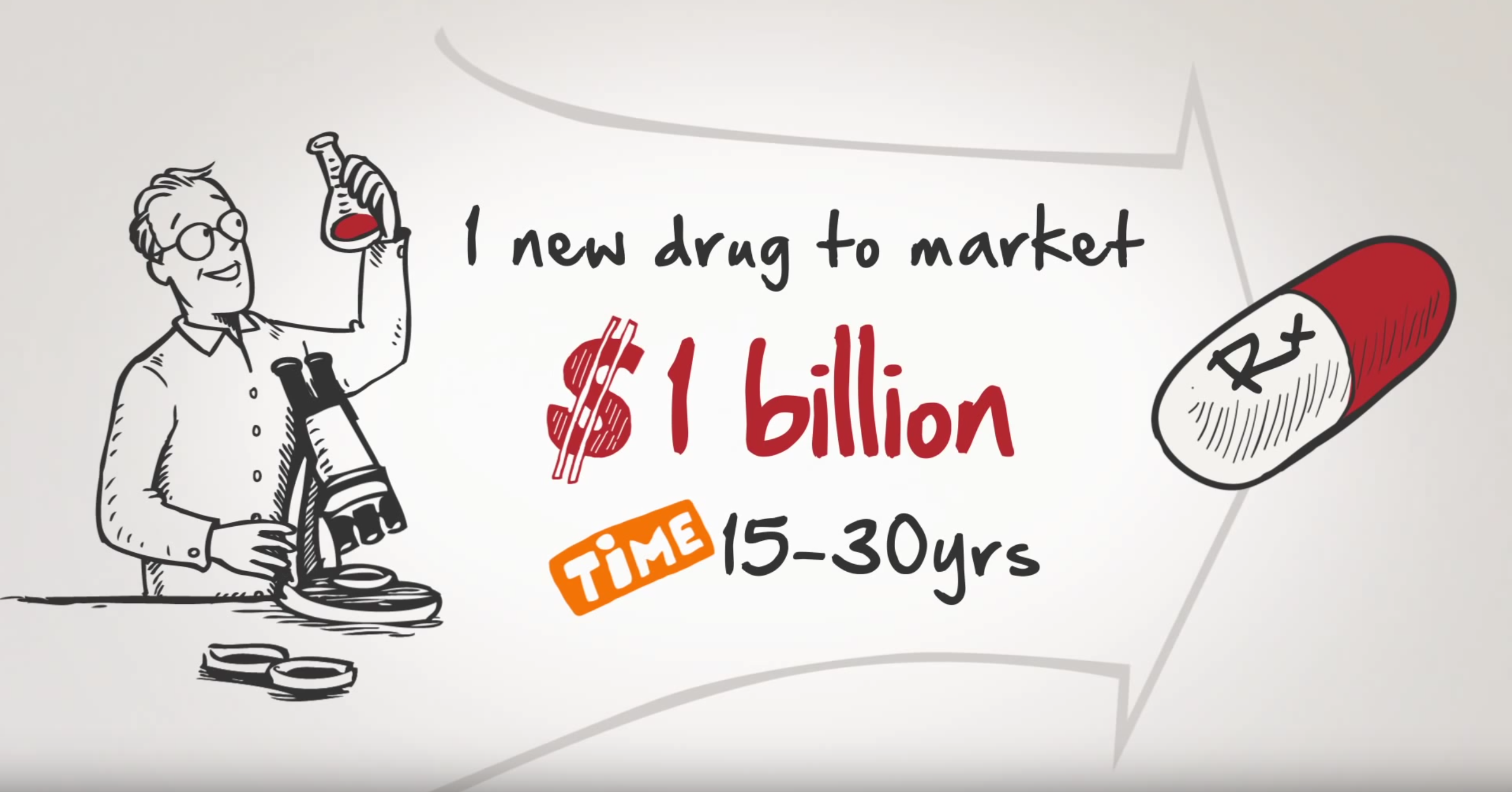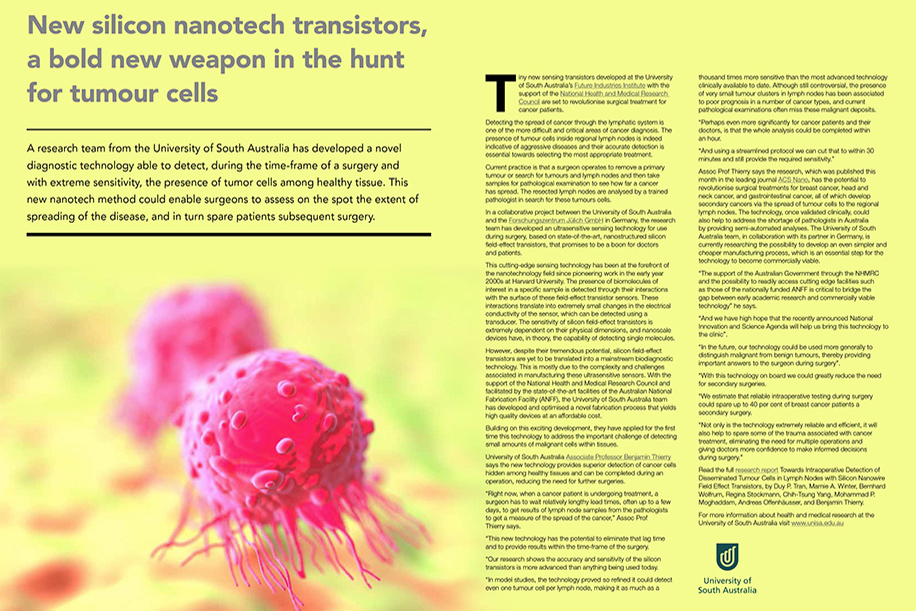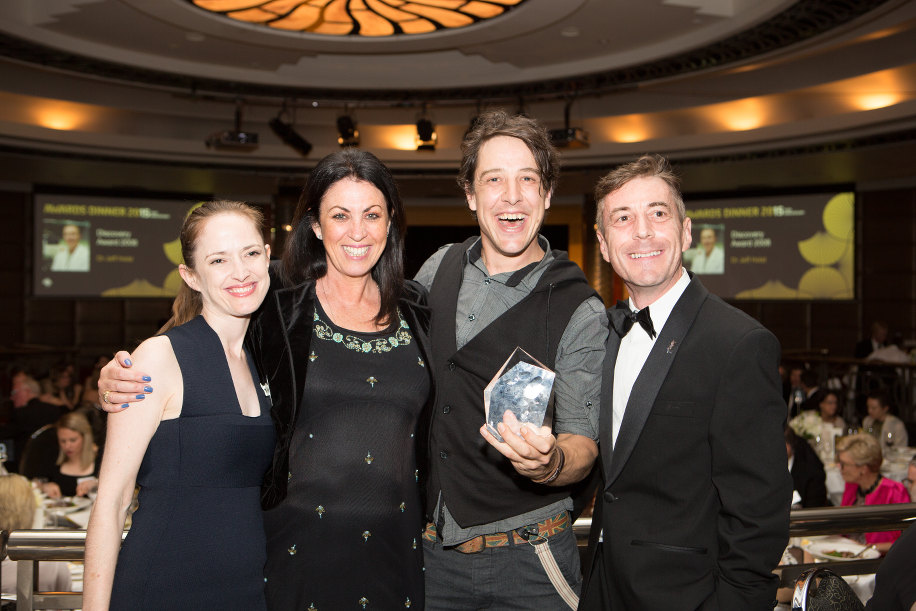2016 Research Australia
Health & Medical Research Awards
The 14th annual Research Australia Health and Medical Research Awards honoured some of the country’s top minds and big hearts for their incredible contribution to health and medical research in Australia.
Research Australia is proud to have had such an extraordinary night with incredible researchers who have distinguished themselves in their careers, be it early stage, mid career or through a lifelong commitment to HMR.
It is with great pleasure that we present the 2016 winners of the Research Australia Awards :
2016 AWARD WINNERS
THE PETER WILLS MEDAL
Recognises an Australian who has made an outstanding contribution to building Australia’s international reputation in the area of health and medical research, and fostering collaboration for better health.
Awarded to: Professor Ian Gust AO
ADVOCACY AWARD
Recognises an Australian from the media, a celebrity or member of the community who has raised community awareness about the benefits of health and medical research.
THE GRIFFITH UNIVERSITY DISCOVERY AWARD
 Recognises an early researcher (no more than five years post PhD) whose paper/patent/discovery has already demonstrated its importance or impact.
Recognises an early researcher (no more than five years post PhD) whose paper/patent/discovery has already demonstrated its importance or impact.
Awarded to: Dr Rebecca Coll
Highly Commended: Dr Felicity Davis and Dr Michael Livingston
GREAT AUSTRALIAN PHILANTHROPY AWARD
To recognise and encourage personal philanthropic donations over a period of time by an individual or family to health and medical research.
DATA INNOVATION IN HEALTH AND MEDICAL RESEARCH AWARD
For the development of the most innovative method of gathering, making available, processing or interpreting data in a way that advances the sector.
Awarded to: Capital Markets CRC, Health Market Quality Team
Highly Commended: The National Breast Cancer Foundation and DreamLab (Vodafone and the Garvan Institute of Medical Research)
LEADERSHIP IN CORPORATE GIVING AWARD
Recognises outstanding leadership by a corporation or business giving to and supporting health and medical research through relationships or partnership and commitment over time.
NSW HEALTH HEALTH SERVICES RESE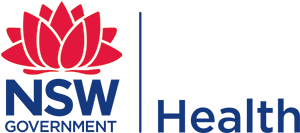 ARCH AWARD
ARCH AWARD
Created in 2014 to recognise the importance of the emerging field of health service research.
Awarded to: Professor Michael Barton OAM
GSK AWARD FOR RESEARCH EXCELLENCE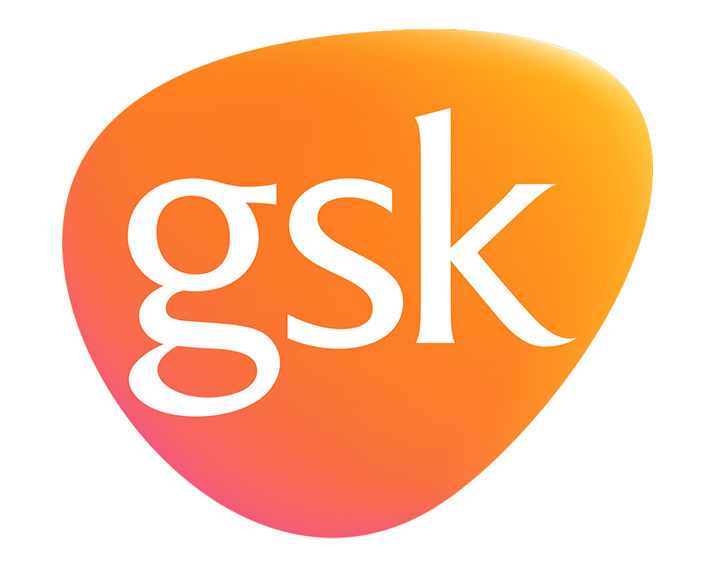
With its accompanying grant of $80,000, has played a part in assisting some of Australia’s most important leaders and innovators in the medical research sphere. Its focus is on helping support career development with an emphasis on human health and Australian research.
Awarded to: Professor Prof Arthur Christopolous & Patrick Sexton



